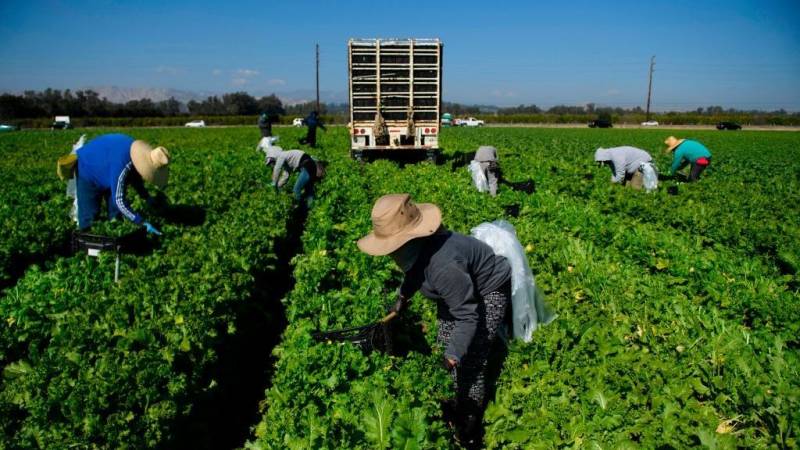The Supreme Court on Wednesday tightened the leash on union representatives and their ability to organize farmworkers in California and elsewhere.
At issue in the case was a California law that allows union organizers to enter farms to speak to workers during non-working hours – before and after work, as well as during lunch – for a set a number of days each year.
By a 6-3 vote along ideological lines, the court ruled that the law – enacted nearly 50 years ago after a campaign by famed organizer Cesar Chavez – unconstitutionally appropriates private land by allowing organizers to go on farm property to drum up union support.
The decision is a potentially mortal blow that threatens the very existence of the farmworkers union. However, the ruling stopped short of upending other laws that allow government officials to enter private property to inspect and enforce health and safety rules that cover everything from restaurants to toxic chemical sites.
The court's decision on Wednesday was only the latest in a series of decisions that have aimed directly at the heart of organized labor in the United States.

9(MDAxOTAwOTE4MDEyMTkxMDAzNjczZDljZA004))
